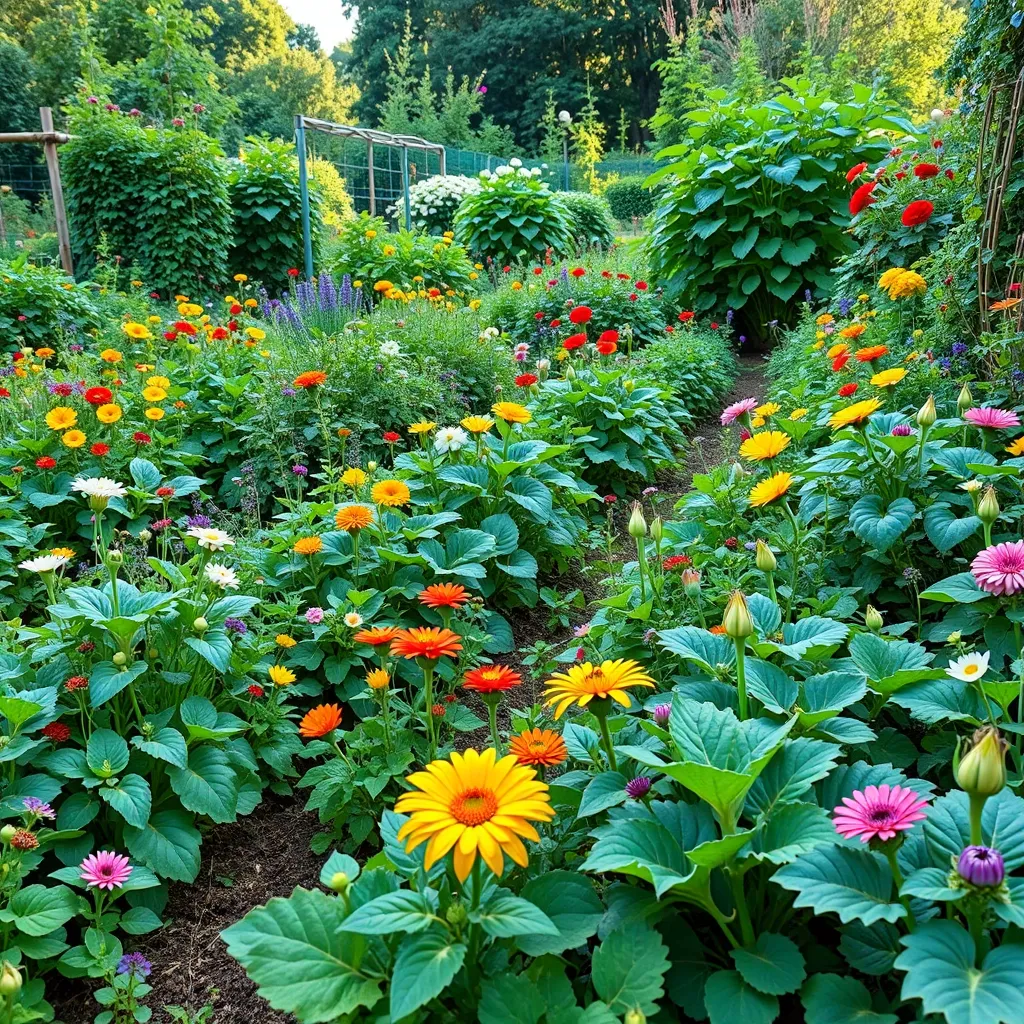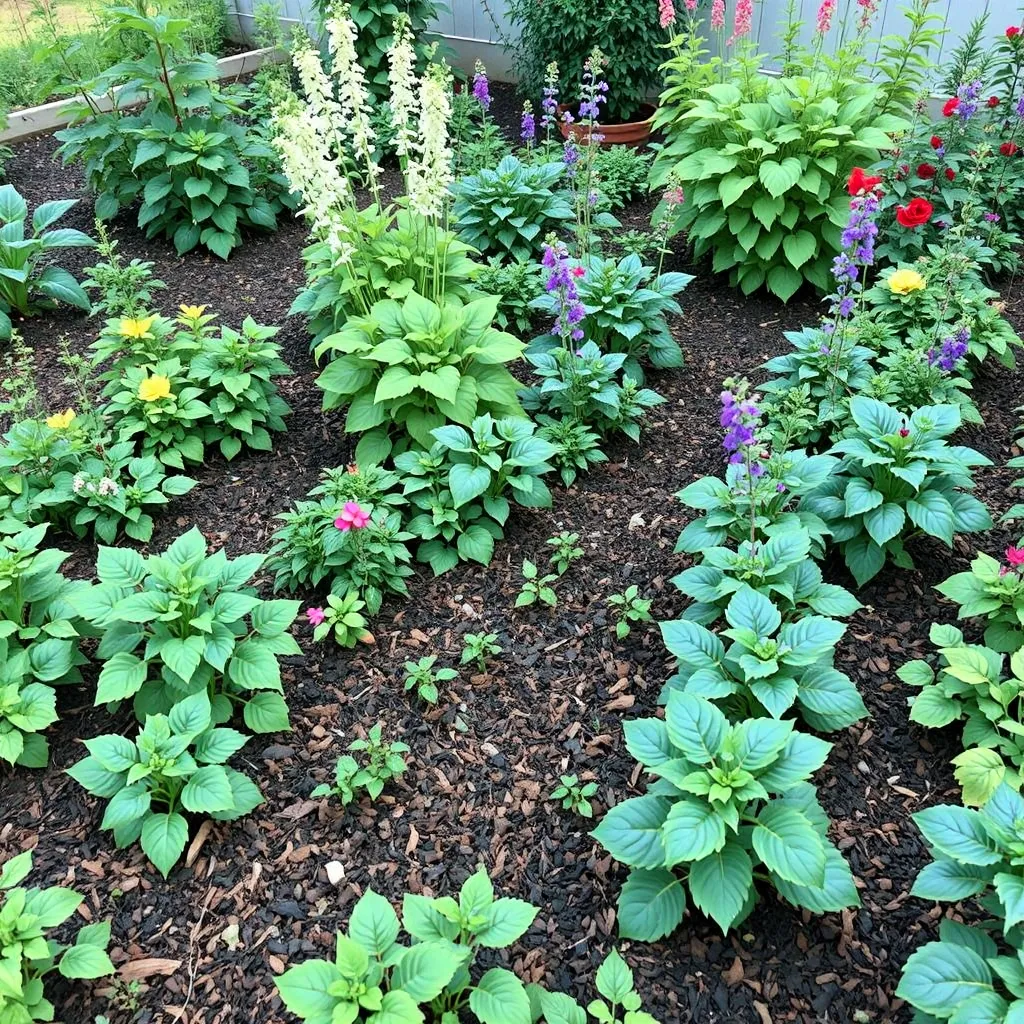Gardening is a rewarding hobby that allows you to connect with nature, cultivate beauty, and even produce your own food. However, one of the most challenging aspects of maintaining a garden is keeping it free from pests. Garden pests can wreak havoc on your plants, leading to reduced growth, poor yields, and, in some cases, complete plant failure. In this ultimate guide, we will explore effective garden pest control methods, including natural and organic solutions, to protect your plants and ensure your garden thrives.
Understanding Garden Pests
Before diving into pest control methods, it’s essential to understand the types of pests that might invade your garden. Common garden pests include:
- Insects: Aphids, caterpillars, beetles, and whiteflies are some of the most common insect pests that damage plants by feeding on leaves, stems, and fruits.
- Mites and Spiders: These tiny creatures often go unnoticed until they cause significant damage, such as leaf discoloration and distorted growth.
- Slugs and Snails: These mollusks are notorious for chewing large holes in leaves, stems, and flowers.
- Rodents: Mice, rats, and voles can cause severe damage by gnawing on roots and stems.
- Birds: While birds are often beneficial for controlling insect populations, some species can become pests by eating seeds and fruits.
Natural Pest Solutions
Natural pest control methods focus on using eco-friendly techniques to manage and reduce pest populations without harming the environment. Here are some effective natural solutions:
1. Companion Planting
Companion planting involves growing certain plants together to repel pests or attract beneficial insects. For example, planting marigolds alongside vegetables can deter nematodes, while basil can repel flies and mosquitoes.
2. Handpicking
Regularly inspect your plants for pests and remove them by hand. This method is particularly effective for larger pests like caterpillars and slugs.
3. Beneficial Insects
Encourage beneficial insects, such as ladybugs and lacewings, which prey on common garden pests. You can attract these insects by planting flowers like dill, fennel, and cosmos.
4. Neem Oil
Neem oil is a natural pesticide derived from the seeds of the neem tree. It disrupts the life cycle of insects, making it an effective treatment for a variety of garden pests.

5. Diatomaceous Earth
Diatomaceous earth is a fine powder made from fossilized algae. It effectively controls soft-bodied insects by dehydrating them. Sprinkle it around the base of plants to deter pests like slugs and snails.
6. Homemade Sprays
Create your own pest control sprays using ingredients like garlic, chili peppers, and soap. These sprays can deter insects without harming plants or beneficial organisms.
Organic Pest Control
Organic pest control methods conform to organic gardening standards, avoiding synthetic chemicals. Here are some organic solutions:
1. Insecticidal Soaps
Insecticidal soaps are made from plant oils and fatty acids. They target soft-bodied insects like aphids and spider mites without leaving harmful residues.
2. Bacillus thuringiensis (Bt)
Bt is a naturally occurring bacterium that produces proteins toxic to specific insects. It’s especially effective against caterpillars and is safe for humans and beneficial insects.
3. Floating Row Covers
Floating row covers are lightweight fabrics that protect plants from pests while allowing sunlight and rain to penetrate. They are particularly useful for guarding against flying insects and birds.
4. Crop Rotation
Rotate crops annually to prevent pest buildup in the soil. Different plant families have different pest and disease profiles, so rotating them can disrupt pest life cycles.

Garden Pest Prevention
Prevention is the best strategy in pest management. Here are some preventive measures to keep your garden pest-free:
1. Healthy Soil
Healthy soil is the foundation of a thriving garden. Regularly add organic matter, such as compost, to improve soil structure and fertility, promoting strong plant growth.
2. Proper Watering
Overwatering can lead to root rot and attract pests. Water plants early in the morning to allow foliage to dry during the day, reducing the likelihood of fungal infections.
3. Regular Monitoring
Inspect your plants regularly for signs of pest activity. Early detection allows you to take action before infestations become severe.
4. Sanitation
Keep your garden tidy by removing plant debris and weeds that can harbor pests. Clean garden tools and containers to prevent the spread of diseases.
5. Mulching
Apply a layer of mulch around plants to suppress weeds, retain soil moisture, and create a barrier against soil-dwelling pests.
Conclusion
By employing a combination of natural, organic, and preventive pest control methods, you can maintain a healthy and vibrant garden. Remember, the key to successful pest management is consistency and vigilance. With the right strategies in place, you can protect your plants from pests and enjoy the fruits of your labor.
FAQ
What are the most common garden pests?
The most common garden pests include aphids, caterpillars, beetles, slugs, snails, mites, and rodents.
How can I naturally repel garden pests?
Natural methods include companion planting, using beneficial insects, applying neem oil, and creating homemade sprays with garlic and chili peppers.
Is organic pest control effective?
Yes, organic pest control methods, such as insecticidal soaps, Bt, and floating row covers, are effective and environmentally friendly.
How often should I check my garden for pests?
Regular monitoring is crucial; inspect your garden at least once a week to catch pest problems early.
Can mulch help with pest control?
Yes, mulch can suppress weeds, retain moisture, and act as a barrier against soil-dwelling pests.

Share this content:

